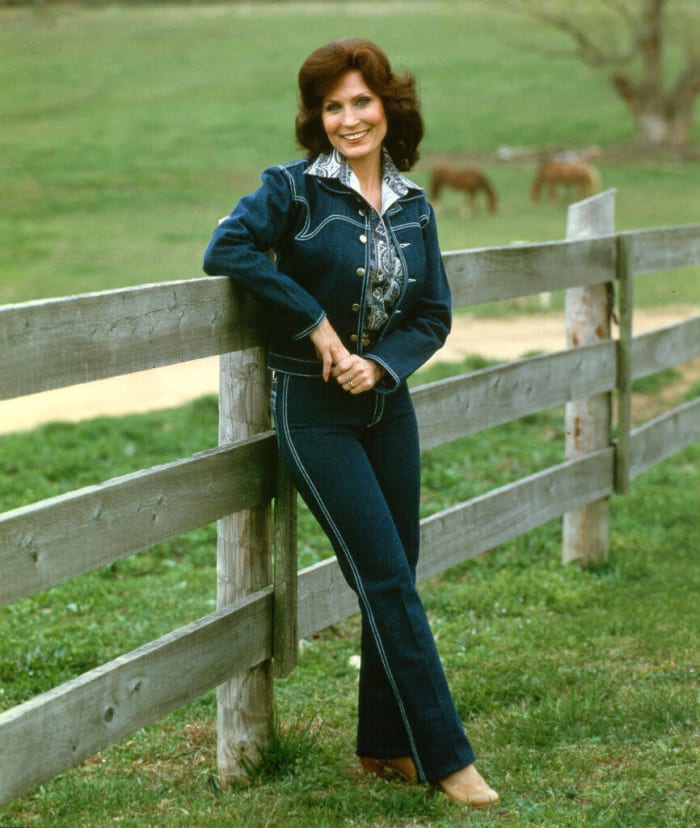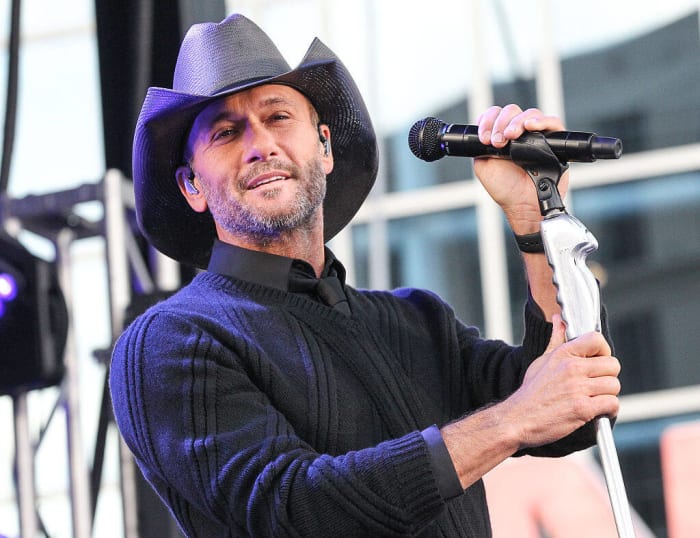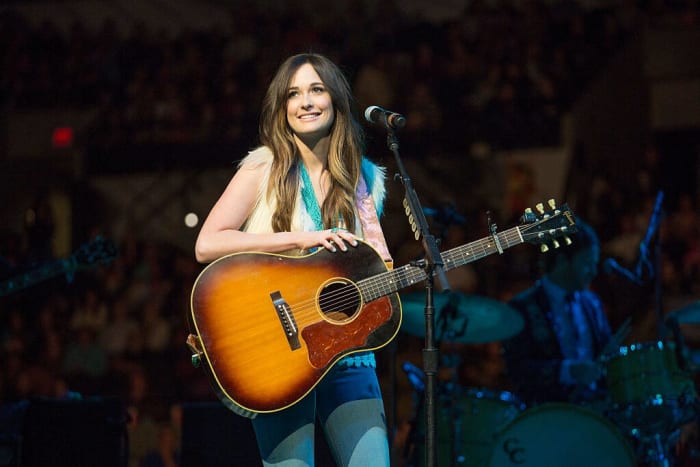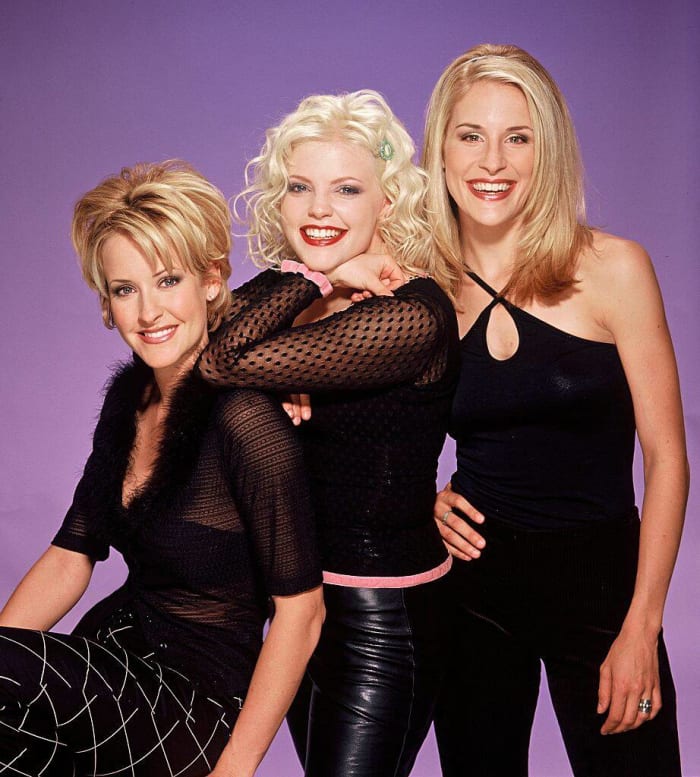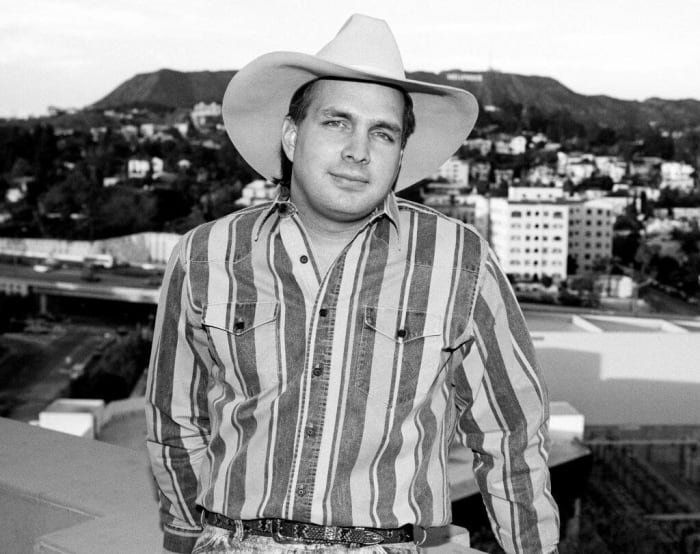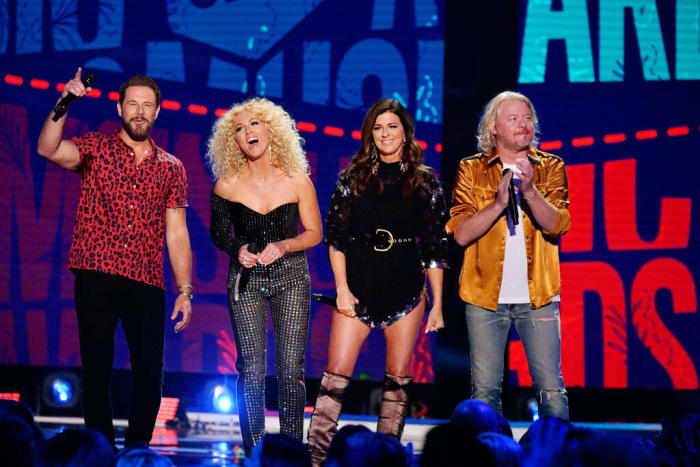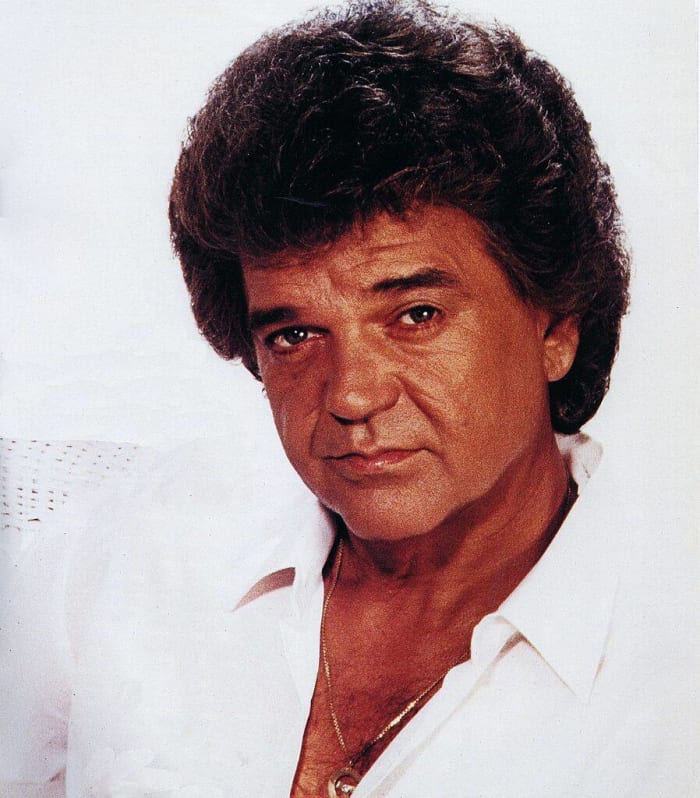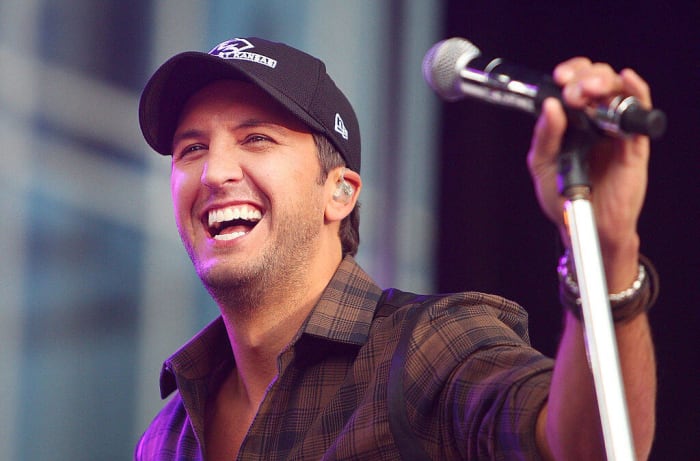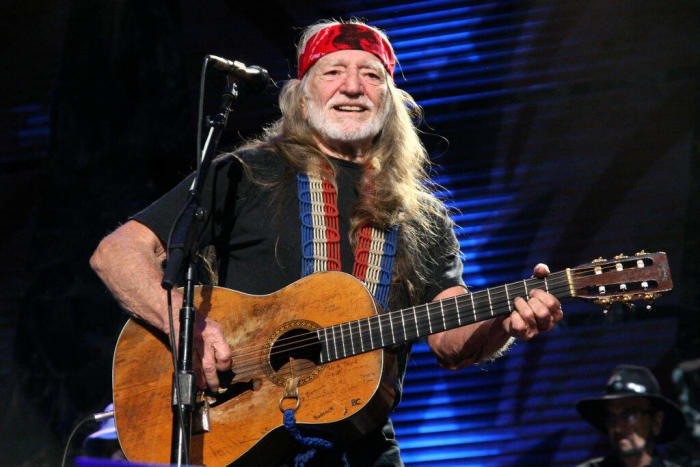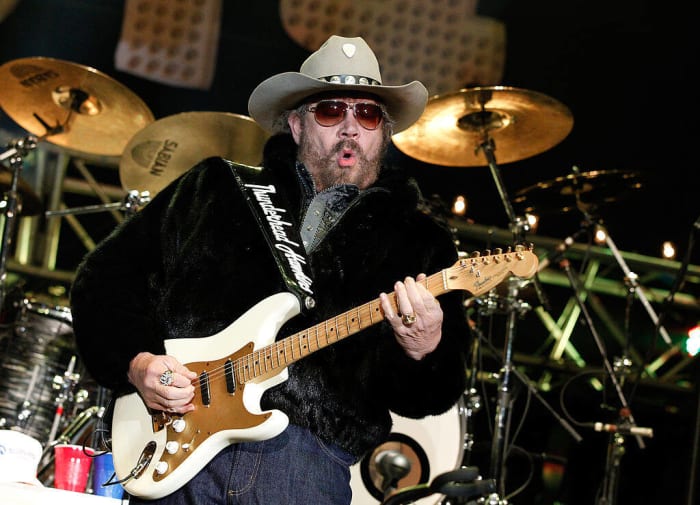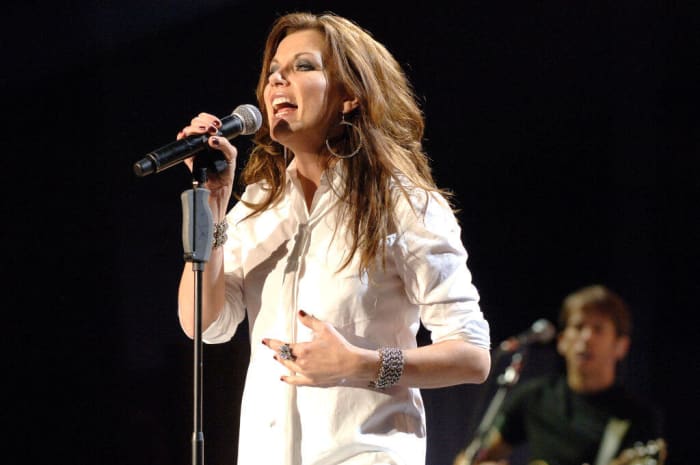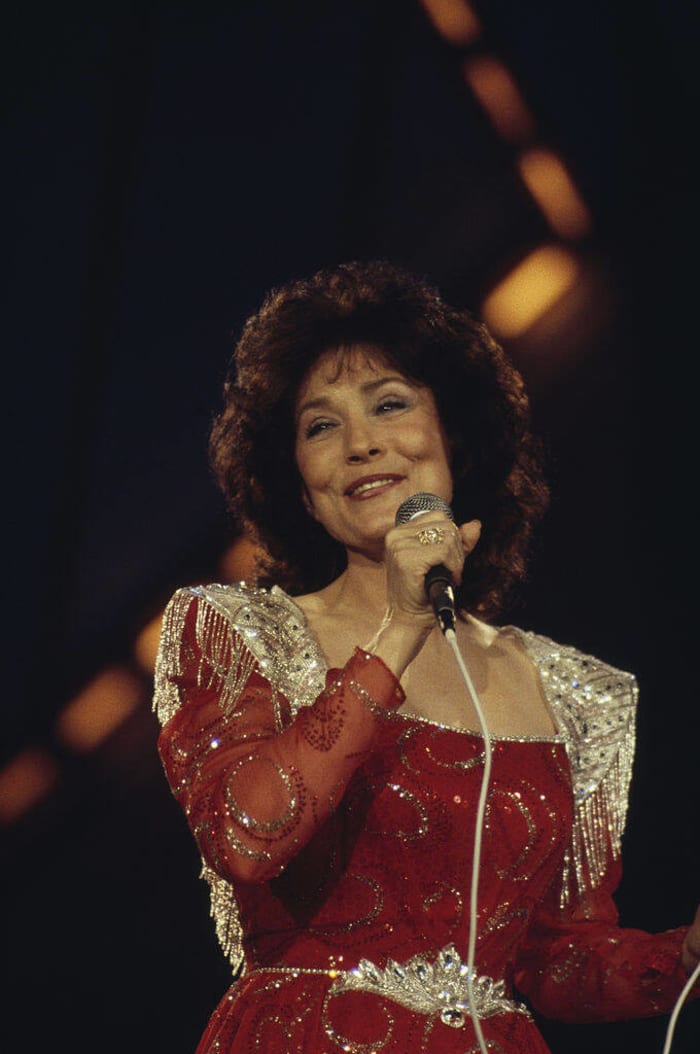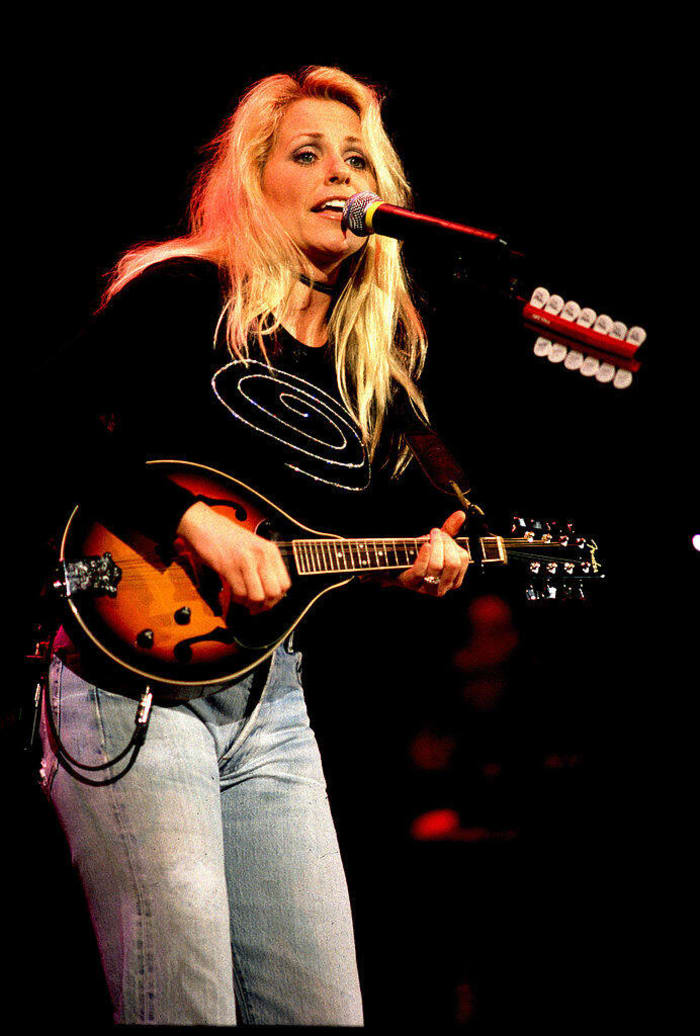x

Kevin Mazur/Getty Images for PMK
The 18 most controversial songs in country music history
Even though country music is mostly known as a genre that revels in nostalgia, it's not completely devoid of controversy and hard-hitting subject matter. Throughout the decades, country musicians have both used their songs to protest racism, homophobia, and misogyny, and found themselves in hot water with fans and censors for getting too "sensual" in the lyrics.
Flip through the slideshow below for a look at the genre's most controversial tunes, from overtly political favorites like "The Pill" by Loretta Lynn to more subtly subversive classics.
More must-reads:
- Odd jobs: 20 TV shows about unusual occupations
- The 25 best movies and TV shows about the Middle Ages
Trending in Entertainment
Customize Your Newsletter
 +
+
Get the latest news and rumors, customized to your favorite sports and teams. Emailed daily. Always free!
This site is protected by reCAPTCHA and the Google Privacy Policy and Terms of Service apply.
